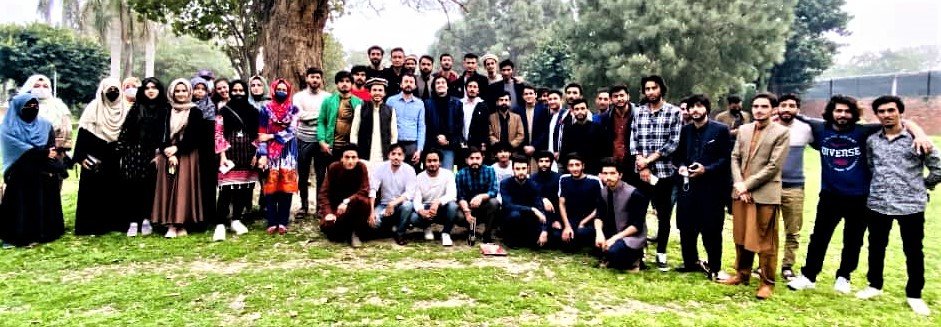Young academic cautions youth about neoliberal ‘development mantra
Special Correspondent

LAHORE: Debate on the proposed constitutional setup for Gilgit-Baltistan reverberates in and outside the mountainous region.
Youth and activists from GB in Pakistan and abroad are sceptical about the motives of the provisional provincial arrangement describing it as a move to create a constitutional shield for control of the land and resources.
This was echoed by an academic and students at a seminar on the proposed constitutional package for Gilgit-Baltistan at the Punjab University.
The Gilgit-Baltistan Council of Punjab University chapter invited Professor Zaighum Abbas to address key questions pertaining to the proposed changes in Gilgit-Baltistan’s constitutional status.
“Beyond the usual political brouhaha, the change in Gilgit-Baltistan’s constitutional status is primarily motivated by the quest for further control of its political economy,” he said.
Gilgit-Baltistan, owing to its strategic isolation until recent times was portrayed as a pristine tourist destination.
However, with the emergence of new players on the chessboard of the ‘new great game’ and new forms of technology, the region is viewed by the Pakistani state as not just tourist heaven but also a golden sparrow because of its vast resources, he argued.

Considering Pakistan’s economic meltdown and dwindling resources, the importance of regions like Gilgit-Baltistan with rich in natural resources has become the source of temporary respite because it offers vast opportunities for investment in mining, tourism and hospitality sectors, he said.
He cautioned the youth to be very sceptical of the whole “Development” mantra. The neoliberal model of development in weaker states has always been skewed towards the “outside investor” as these states have poor regulation mechanisms and disregard for environmental concerns.
The region being deprived of internal autonomy and poor governance structures will end up losing its land, natural resources, water bodies and mountains.
The biggest concern in the coming times for Gilgit-Baltistan will be the climate change impact on the ecology of the region and environmental question because we are seeing rudimentary forms of uneven development, where on the one hand there is a mushroom growth of big infrastructures and on the other the onslaught of foreign mining companies and large capitalist investments, he added.
Responding to a question as to how few seats in Pakistan’s national assembly will benefit the people of Gilgit-Baltistan, Mr Abbas said: “In order to economically control Gilgit-Baltistan, the federation of Pakistan needs a facilitating team, something garbed as ‘leadership’ which could keep the local movements and people in check while acting as protectors of their interests. That is why we have seen that no nationalist or Leftist movement/party has been allowed to do politics independently and only those parties are allowed which serve as the mouthpiece of the Pakistani federation’s interests.
He said that the leaders and activists of parties like BNF, AWPGB and KNM have faced state repression, their leadership imprisoned and their cadres placed on the watch list under draconian laws such as Schedule 4 of the CrPC.
While mainstream parties such as PTI, PPP and PML-N have been given free hand because they don’t speak for the people of Gilgit-Baltistan rather the federation and its interests.
Citing as an example that how PTI, PPP and PML-N are on the same page when it comes to Gilgit-Baltistan, Mr Abbas remarked that in the federation PML-N and PPP are on a long march and deliberating a no-confidence motion against PTI prime minister but at the same time all three parties are at the forefront of making Gilgit-Baltistan a provisional province which is inexplicable.
As many as 90 students – boys and girls — of the Punjab University enthusiastically participated in the interactive session.
The GB Council of Punjab University and Mubashir Hussain thanked the participants and the guest for enlightening the students.

The High Asia Herald is a member of High Asia Media Group — a window to High Asia and Central Asia

